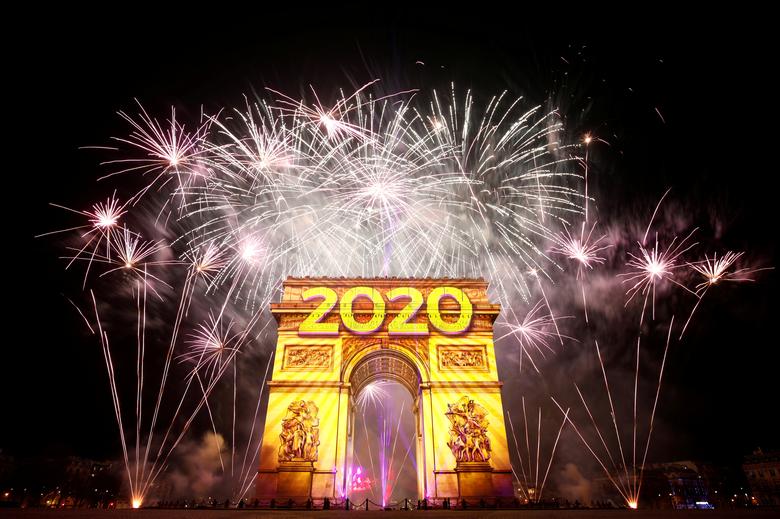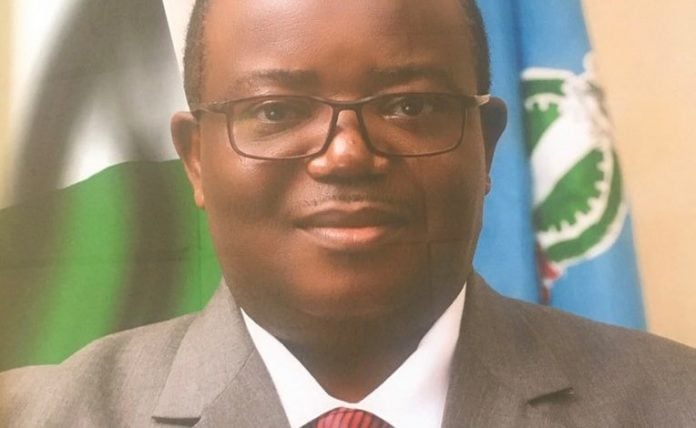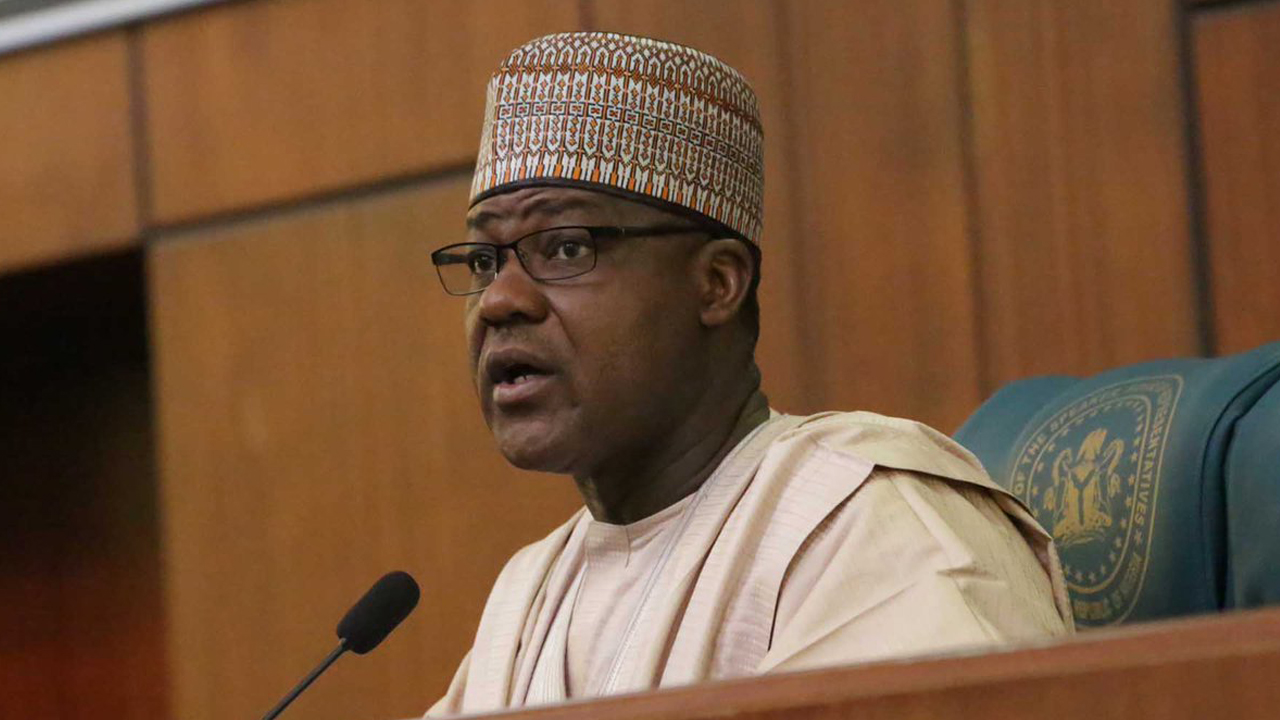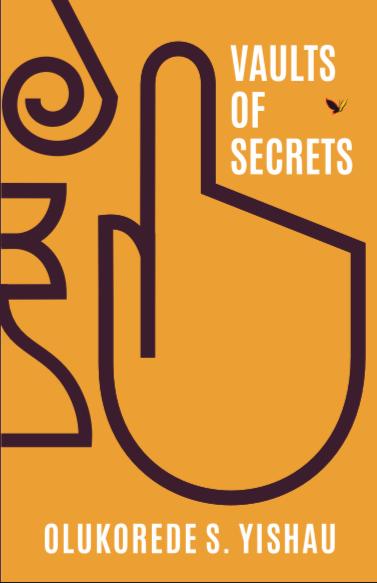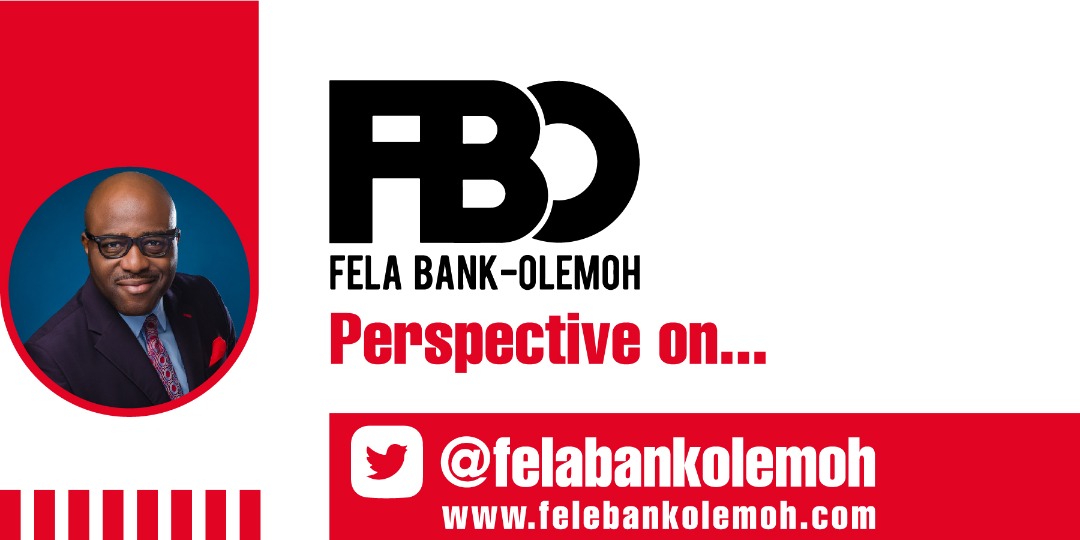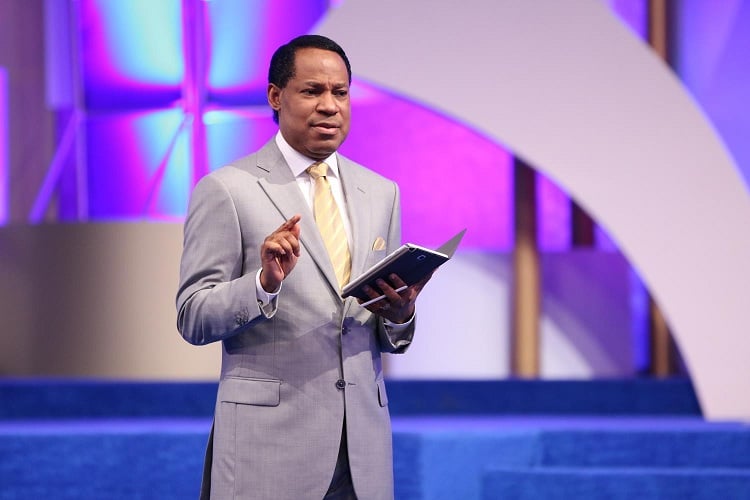Fireworks illuminate the sky over the Arc de Triomphe during the New Year's celebrations on the Champs Elysees in Paris, France January 1, 2020. REUTERS/Benoit Tessier
BY MARY BETH LEONARD
I was proud to arrive in Nigeria and begin my third ambassadorial posting last November. 2020 will long be remembered as the year of the pandemic COVID-19, and we will look back and honor the lives of the more than 1.5 million people worldwide who lost their lives to this vicious pandemic. 2020 also marked 60 years of bilateral diplomatic relations between the United States and Nigeria, and much has been accomplished over the course of that time as democracy and a free and open business environment continue to grow. Allow me to provide a bit more detail about accomplishments achieved with our Nigerian partners.
The international community came together in times of a health crisis. Over 60 members of the U.S. Mission in Nigeria – from the Centers for Disease Control (CDC), USAID, and the U.S. Department of Defense’s Walter Reed Army Institute of Research – stood side by side with Nigerian counterparts at the National Center for Disease Control, Presidential Task Force and Nigerian military to strategize, plan, and effectively implement treatment of Nigerian citizens over the past nine months. In 2020, the United States provided more than $73 million in assistance for the COVID-19 response. This includes the delivery of 200 ventilators pledged during a conversation between Presidents Buhari and Trump in April, epidemiological COVID detection surveys, technical assistance, and service plans.
I whole-heartedly congratulated Nigeria in August for attaining a wild polio virus-free status and recognized that no country could have achieved this great feat without the support of its partners. This effort, buttressed by the Centers for Disease Control and USAID investments of approximately $220 million dollars combined over the last eight years, demonstrated the dynamism of state and local activities to strengthen surveillance, join in polio campaigns, create polio outbreak response plans, and encourage routine immunization.
The President’s Emergency Plan for AIDS Relief (PEPFAR) enrolled its one millionth Nigerian patient this year. Our team has been engaged in a year-long surge activity that is now enrolling 6,000 new patients per week across the country. The National AIDS Indicator Survey (NAIIS) armed us with the data we needed to target the disease more effectively. We are doing just that with our partners at the Nigerian AIDS Control Agency, state governors, health commissioners, and State AIDS Control Agencies, and the Ministry of Health. Together, we are identifying patients, providing them life-saving treatment, and suppressing their viral loads to levels which can no longer transmit the disease. We are within reach of an AIDS free generation after twenty years of sustained commitment.
Advertisement
Two-way trade between our great nations has expanded to a value of over $9 billion. The United States is proud to be one of the largest foreign investors in Nigeria. Programs offered through our Foreign Commercial and Agricultural Services, like Prosper Africa and the West African Trade Hub, will continue to facilitate business that benefits both our countries. During a U.S. Chamber of Commerce December, the Minister of Communications and Digital Economy shared that Nigeria’s digital economy contributed more than 17 percent to the national GDP in 2020. Broadband penetration increased by 10 percent this year and as more Nigerians engage in secure and reliable online banking and retail, small and medium enterprises will be able to expand their online platforms and services. The United States actively supports the expansion of internet infrastructure in Nigeria, with the U.S. Trade and Development Agency this year providing over $3.6 million in project preparation assistance aimed at expanding reliable broadband connectivity to thousands of Nigerians. In 2021, we expect to see additional opportunities to reduce the digital divide. President Buhari recently signed the U.S.-Nigeria Open Skies agreement that will permit increased aviation links, generating new two-way trade and commercial opportunities. With the right policy environment, these trends will lead to even greater business and employment opportunities in 2021.
The United States is a steadfast supporter of Nigerian democracy. Nigerian youth mobilized and brought international attention to police abuse and successfully called for police reforms. We will seek opportunities in 2021 to contribute technical assistance in the national and state-level efforts to follow-through on #EndSARS commitments. In November, we welcomed Counselor Brechbühl’s delegation who came to raise U.S. government concerns about ongoing violence in Nigeria, human rights, and religious freedom, and to enhance U.S.-Nigerian cooperation in preventing atrocities. This past year we encouraged all stakeholders, including INEC, political parties, and security services, to make significant improvements to electoral processes. We congratulate INEC and the Nigerian people for the credible and largely peaceful Edo and Ondo State elections where voters felt their votes counted. We support public monitoring groups, such as YIAGA, to build public confidence in election results. Moving forward, the United States will continue to consider consequences – including visa restrictions – for individuals responsible for undermining the Nigerian democratic process or for organizing election-related violence.
Finally, no country can advance the well-being of its people without peace and security. Our ongoing U.S. security cooperation programs with Nigeria include equipment sales, grants, education, and training programs. Countering Boko Haram and ISIS-West Africa remain top priorities for both of our nations. Maritime security cooperation, through joint exercises such as Obangame Express, demonstrate the strength of our partnership to end piracy and encourage economic activity in the Gulf of Guinea.
Advertisement
We look forward to Nigeria hosting the U.S.-Nigeria Binational Commission in 2021. The Commission remains a premiere platform of engagement for our governments to expand cooperation and advance shared goals, particularly in the areas of trade and investment, development, good governance, and security cooperation.
With our 60 years young relationship, there is much to look forward to in 2021. We wish the Nigerian people quality moments with loved ones over the holidays, and time to rejuvenate the spirit as we welcome a new year of engagement and partnership.
Views expressed by contributors are strictly personal and not of TheCable.
Add a comment
